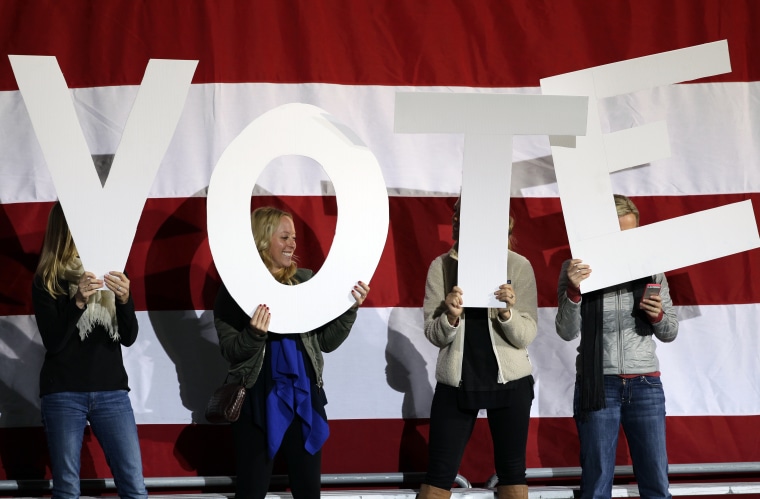On this day in 1872, Susan B. Anthony illegally cast a ballot in the presidential election between Ulysses S. Grant and Horace Greeley. Anthony, who voted for Grant, was arrested two weeks later and fined $100. She vowed not to pay the "unjust penalty," and the government never took action against her.
"It is a downright mockery to talk to women of their enjoyment of the blessings of liberty while they are denied the use of the only means of securing them provided by this democratic-republican government—the ballot," Anthony said after her arrest.
It wasn't until 1920, 48 years after Anthony's vote was suppressed, that women finally gained the right to vote.
It was also in 1872 that equal rights activist Victoria Woodhull attempted to run for president, though she was arrested and barred from participating in the political process. One hundred years later, in 1972, Shirley Chisholm became the first major-party female presidential candidate. She survived multiple assassination attempts, and won a dozen states, though ultimately losing the primary to George McGovern. "At present, our country needs women's idealism and determination, perhaps more in politics than anywhere else," Chisholm argued.
Twelve years later, Geraldine Ferraro became the first major-party female nominee on a presidential ticket, though she and Walter Mondale would eventually lose to Ronald Reagan.
Now, in 2012—140 years after Susan B. Anthony defied the law and argued, "It was we, the people; not we, the white male citizens; nor yet we, the male citizens; but we, the whole people, who formed the Union"—women have the chance to make all the difference in this year's election by showing up at the polls and letting their voices be heard.
"What matters most is that women show up for themselves," Melissa Harris-Perry said on her special, "Why Women Matter," which aired Saturday night. "Because, as we've seen over the last year, if we don't, there are those who will be more than happy to do it for us."
For more from Saturday night's special edition of Melissa Harris-Perry, watch the videos here.
